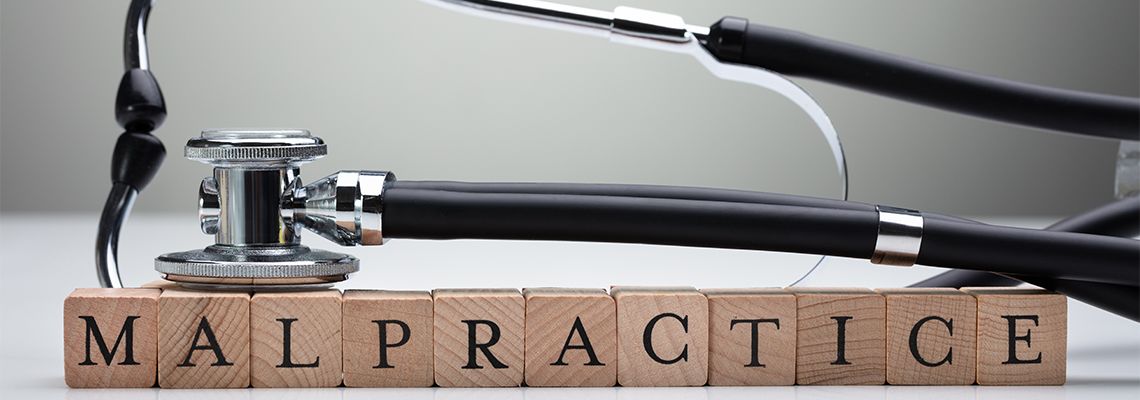
How to Handle Medical Malpractice Claims
No one expects to walk into a hospital or doctor’s office and come out worse off than when they arrived.
When something goes wrong due to negligence or carelessness, the physical and emotional toll can be overwhelming.
At Palmer Law Group, we’ve helped many clients who suffered because of medical errors. These cases are some of the most challenging and deeply personal claims we handle.
They often involve serious harm, long recovery periods, and ongoing care needs. In Kansas, we rely on well-established legal standards to protect the rights of those harmed by medical professionals. Understanding how to approach these cases is the first step in protecting both your health and your legal claim.
Medical Malpractice in Kansas
Not every poor medical outcome is considered malpractice. In Kansas, malpractice occurs when a healthcare provider fails to meet the accepted standard of care, and that failure causes injury. The “standard of care” refers to what a reasonably careful provider would have done under similar circumstances.
If a doctor, nurse, or other medical professional falls short of that expectation, and someone gets hurt, that may form the basis of a personal injury claim.
We've seen malpractice arise in a wide range of situations—surgical errors, misdiagnosis, delayed diagnosis, birth injuries, and medication mistakes, to name a few. These cases require a careful investigation to determine whether the injury could have been avoided with proper care.
To move forward with a personal injury claim, we work to establish that the provider owed a duty to the patient, that duty was breached, and the breach caused significant harm. Proving that connection can involve medical records, expert witnesses, and a clear explanation of how the patient’s life was impacted.
Starting a Medical Malpractice Claim
In Kansas, a medical malpractice claim begins with a careful review of the facts. We sit down with our clients to go over their medical history, treatment, and what went wrong. From there, we often consult with physicians and specialists who help us understand how the standard of care was violated.
Before a personal injury lawsuit can be filed, Kansas law requires an affidavit of merit in some cases. This document must show that a qualified healthcare provider believes the claim has merit based on a review of the facts. The purpose is to prevent frivolous lawsuits and make sure each case is grounded in legitimate concern.
Some key legal requirements that affect medical malpractice claims in Kansas include:
Affidavit of merit: In certain cases, a written statement from a healthcare provider supporting the claim must be filed.
Two-year statute of limitations: Most claims must be filed within two years of the injury or its reasonable discovery.
Statute of repose: No claim can be brought more than four years after the incident, even if it wasn’t discovered until later.
Review by medical experts: Opinions from doctors or specialists are often used to confirm a breach in the standard of care.
Strict filing deadlines: Missing a deadline can prevent the case from moving forward, no matter how strong the facts are.
There’s also a longer deadline known as the “statute of repose,” which limits claims to four years from the date of the incident, regardless of discovery. Missing these deadlines can prevent a personal injury claim from being heard, so timing is critical.
Gathering Evidence and Building the Case
Evidence plays a central role in any personal injury claim, and medical malpractice cases are no different. We gather hospital records, doctor’s notes, lab results, surgical reports, and billing information. We also speak with witnesses—whether they’re nurses, family members, or others who saw what happened.
The medical records often contain key indicators that care wasn’t provided properly. For example, a delay in ordering critical tests, missing a known symptom, or failing to follow up can point to negligence. It’s not always obvious at first glance, which is why we work closely with professionals who help us understand what the records reveal.
In a medical malpractice claim, we need to show not only that something went wrong but that the error directly caused the injury. Sometimes the healthcare provider may admit that a mistake occurred but claim it didn’t lead to harm.
We counter that by illustrating how our client’s condition changed for the worse after the event and how that change was avoidable.
Damage Caps in Kansas
Kansas law does impose some limits on damages in personal injury cases, particularly those involving medical malpractice.
While there’s no cap on economic damages, such as medical bills or lost wages, there’s a cap on noneconomic damages like pain and suffering. As of recent changes, the limit is $350,000 for events that occurred after July 1, 2022.
These caps don’t mean that compensation is minimal. In fact, many of our clients still receive substantial recovery when we factor in lost earning potential, long-term care needs, and future medical costs.
Our job is to make sure the full scope of harm is presented and supported by evidence so that we can pursue the highest available amount under Kansas law.
Personal injury law in Kansas recognizes that emotional and psychological damage matters too. Even with a cap, the impact of medical malpractice can’t be overlooked. We bring forward statements from clients, family, therapists, and others who can speak to the pain, fear, and suffering that followed the event.
Dealing With Healthcare Providers and Insurance Companies
Medical malpractice claims often involve large hospitals, physicians’ groups, and insurance companies. These entities usually have resources and legal defense strategies aimed at limiting their liability. That’s why it’s important to be prepared from the start.
We communicate directly with the involved parties and take steps to protect our clients from unnecessary pressure. Insurance companies may reach out early with settlement offers that seem generous but fall short of what’s needed. Accepting such an offer can end a claim before the full picture comes into focus.
We advise our clients not to sign any releases or accept offers without a full review of their rights and damages. Once we’ve developed the case and have a strong foundation, we enter discussions with the other side. In some cases, we resolve these claims through negotiation. In others, litigation is necessary to fight for what’s fair.
We never treat these cases as routine. Every personal injury claim tells a story, and we make sure our client’s story is heard.
Protecting Your Health During the Legal Process
We understand that healing comes first. Medical malpractice often leaves people feeling afraid, frustrated, and unsure of how to move forward. That’s why we make it a priority to support our clients not just with legal action but with guidance that respects their recovery.
We encourage ongoing care, follow-up visits, and documentation of all symptoms and expenses. Personal injury cases are built not just on what happened in the past but also on how life looks now and what will be needed in the future. By focusing on health as well as legal rights, we help create a stronger, more complete claim.
Our approach is centered on listening. We know that people who’ve been hurt by medical mistakes often carry deep emotional wounds. That pain deserves to be acknowledged. Every phone call, every appointment, every treatment is part of a journey that should be understood and respected in the legal process.
Get Skilled Representation
At Palmer Law Group, we understand that a personal injury caused by medical negligence can change a person’s life. We’re proud to serve Topeka, Kansas, and the surrounding areas of Manhattan and Lawrence. Call today to speak with an experienced personal injury attorney.
